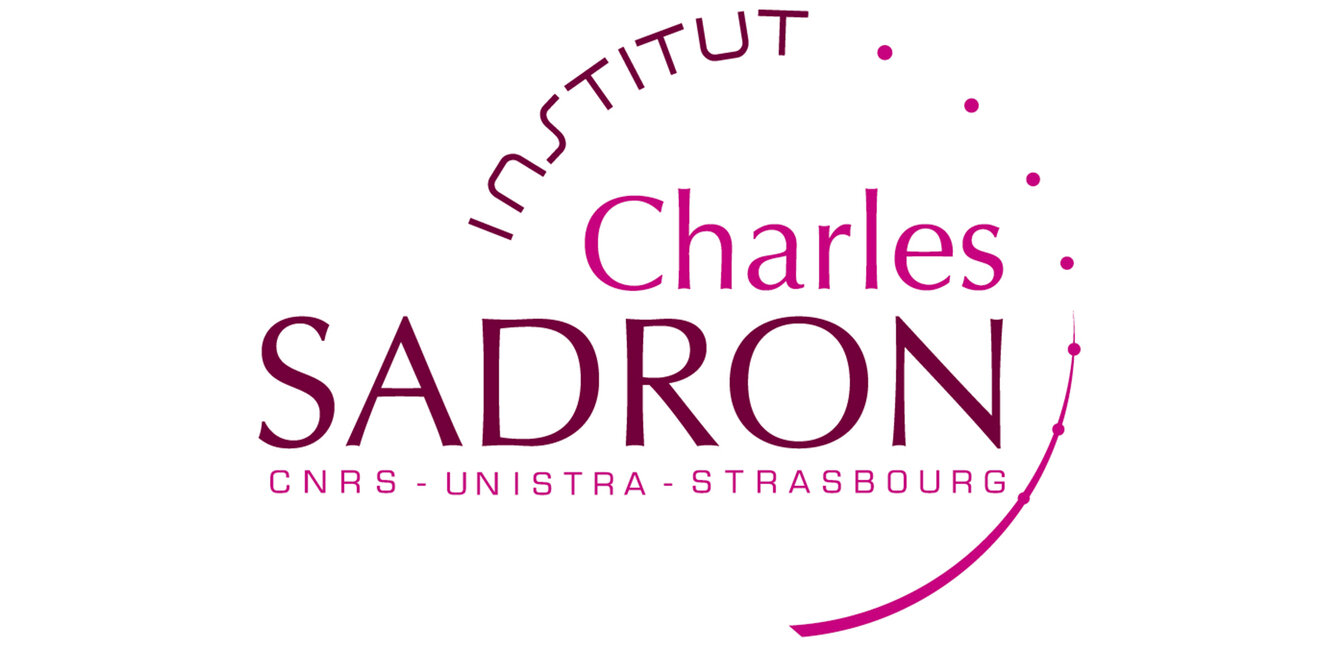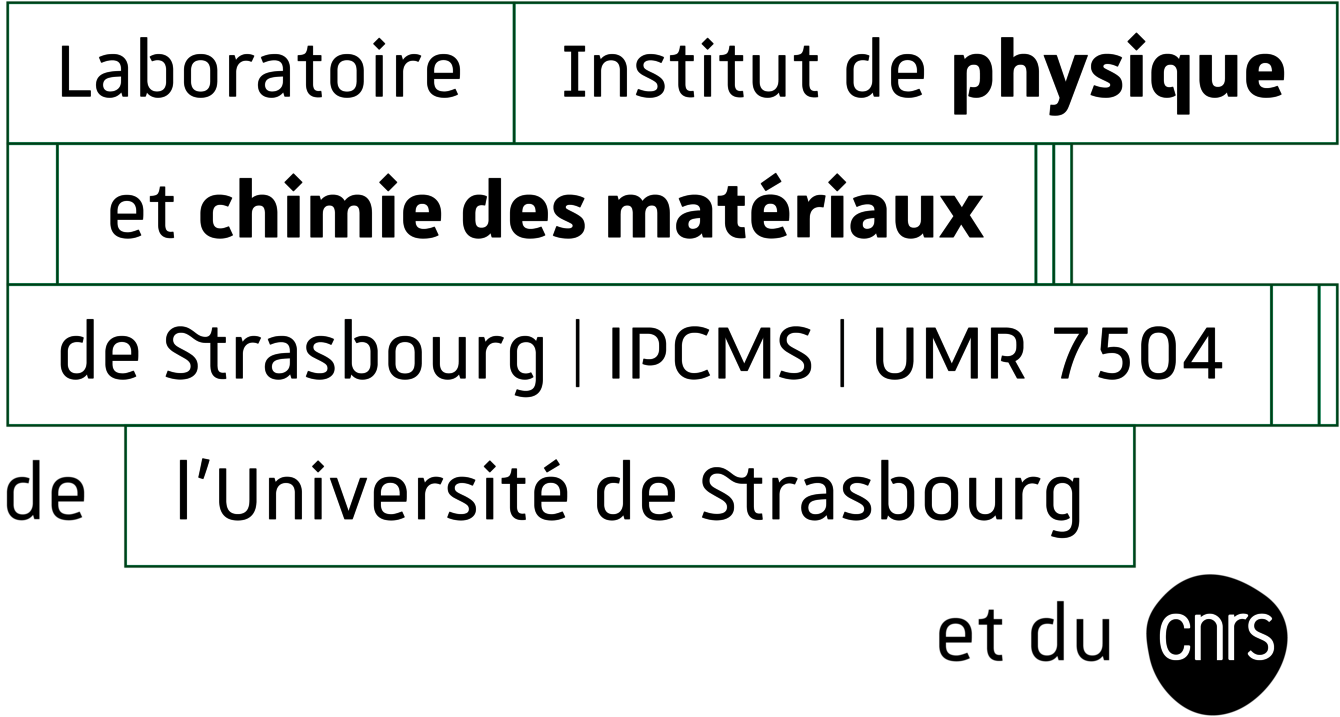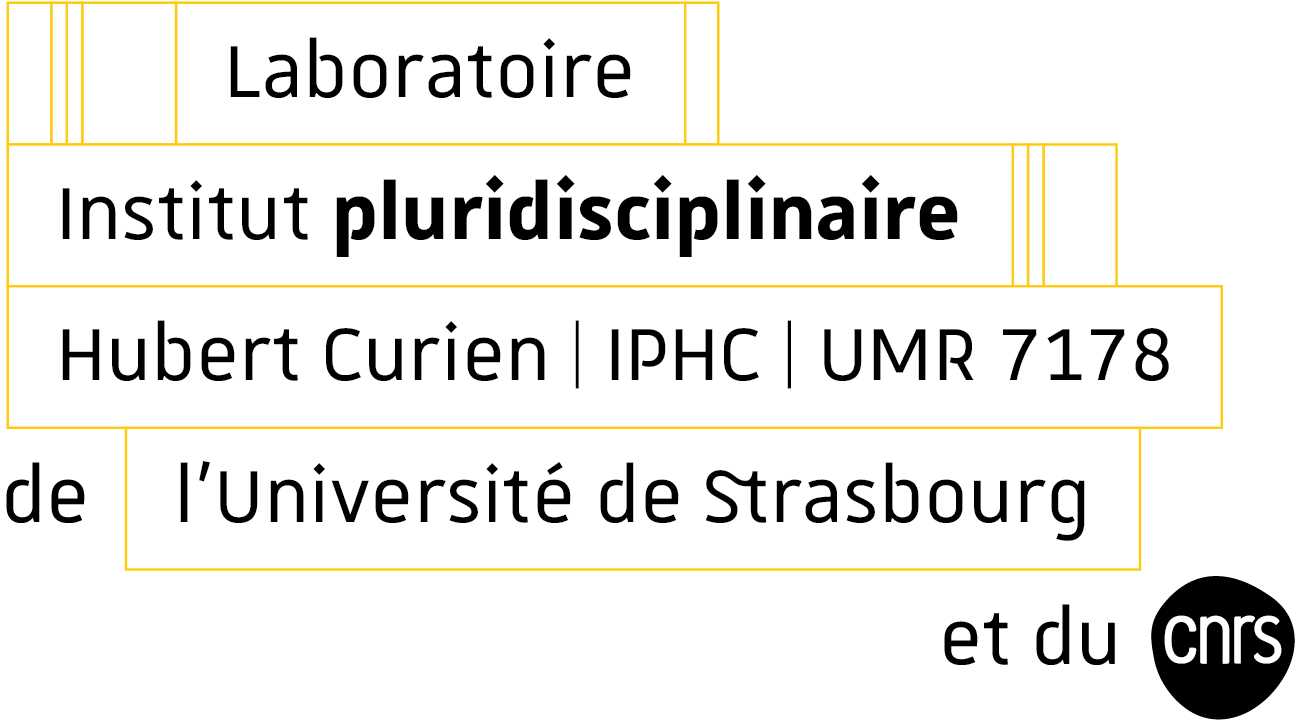Summary
A large portion of the faculty's teaching is provided by nearly 90 professors/researchers, mainly from the four major internationally renowned laboratories mentioned below. The links between teaching and research are very strong. These are reflected through elective courses offered as early as the undergraduate level, mandatory internships starting in the third year of the bachelor's degree, as well as specialized training at the Master's level. Several Master’s programs in physics and the Bachelor's degree in Nuclear Techniques and Radiation Protection are hosted in research laboratories on the CNRS campus in Cronenbourg.
Some students thus have access to cutting-edge platforms and equipment through practical work or internships. Continuing on to a PhD in these laboratories is possible through one of the two doctoral schools, focusing on topics in physics or engineering. Additionally, the establishment of Interdisciplinary Thematic Institutes has strengthened the bridges between teaching and research.

Charles Sadron Institute | ICS UPR 22
The ICS develops both fundamental polymer science at the interface between chemistry and physics, and supports the emergence of the polymer industry. Following a multidisciplinary approach, the Institute's scientific mission covers polymer science and self-assembled systems, from the mechanisms of macromolecule formation to the fundamental understanding of their properties, both in dispersed and condensed phases.
The institute, structured into seven research teams and four platforms, has established itself as a global leader in various fields related to polymers and self-assembled systems.
Director : Daniel GRANDE
6 rue Boussingault, BP 40016, F-67083 STRASBOURG Cedex 2
+33 (0)3 88 41 40 00
www.ics-cnrs.unistra
Institute of Physics and Chemistry of Materials | IPCMS UMR 7504

Founded in 1987 from the synergy of five research units in condensed matter physics and chemistry, IPCMS is now a nationally and internationally significant research center in the fields of nanomaterials and nanoscience. IPCMS’s multidisciplinary nature is reflected in its leading activities in spintronics, magnetism, ultrafast optics, electron microscopy and local probes, biomaterials, as well as in the synthesis and characterization of organic, inorganic, and hybrid functional materials. Research spans all scales, from isolated molecules to nanostructures organized on surfaces and mono- or bi-dimensional objects, up to nano-devices.
To conduct these studies, the Institute possesses an extensive range of instruments for the fabrication and characterization of materials at all scales. The developments are also supported by recognized theoretical expertise. IPCMS has led two major national projects (EquipEx UNION and UTEM) and coordinates the LabEx NIE and the EUR QMAT, now unified within the ITI QMAT initiative.
Director : Pierre RABU
23 rue du Loess, BP 43 - 67034 Strasbourg Cedex 2
+33 (0)3 88 10 70 00
www.ipcms
Hubert Curien Pluridisciplinary Institute | IPHC UMR 7178

The IPHC was created through the merger of a subatomic physics institute, an analytical chemistry laboratory, and an ecophysiology center. These three units chose to combine their expertise and curiosity with the goal of advancing each discipline by fostering collaborations at the interfaces. The IPHC’s 400 staff members develop multidisciplinary programs, with scientific instrumentation as a foundation, while continuing to conduct cutting-edge research at the highest international level in the respective fields of each department. Instrumentation development, a cornerstone of the IPHC, is key to its success. The substantial number of engineers, technicians, and administrative staff (around 160) ensures a significant impact on scientific projects due to their expertise and responsiveness.
Director : Sandrine Courtin
23 rue du Loess, BP28 F-67037 Strasbourg Cedex 2
+33 (0)3 88 10 66 59
iphc.cnrs
ICube UMR 7357

The laboratory equally brings together two scientific communities at the intersection of the digital and physical worlds, giving it a unique configuration. Faculty researchers in engineering conduct their research within the following two departments:
Solid State Electronics, Systems, and Photonics Department (D-ESSP):
Research spans from the physics and technology of basic components to the design of electronic and photonic instrumentation systems, along with the development of innovative processes. The department contributes to advancing knowledge in high-impact societal areas such as information technology (nano-electronic and photonic components), renewable energy (photovoltaic cells), and medical instrumentation (integrated instrumental systems).Mechanics Department (D-Méca):
Research focuses on fluid mechanics, including hydraulics, rheology, and turbulence, as well as reactive transfers with applications in waste treatment. Other areas include biomechanics and the relationship between medical imaging and mechanical properties, multi-scale material mechanics and their microstructural evolution, civil engineering with applications in geothermal energy and eco-design, inventive design, and production and information systems.
Director : Fabrice HEITZ
300 bd Sébastien Brant - CS 10413, F-67412 Illkirch Cedex 2
+33 (0)3 68 85 45 54
icube.unistra